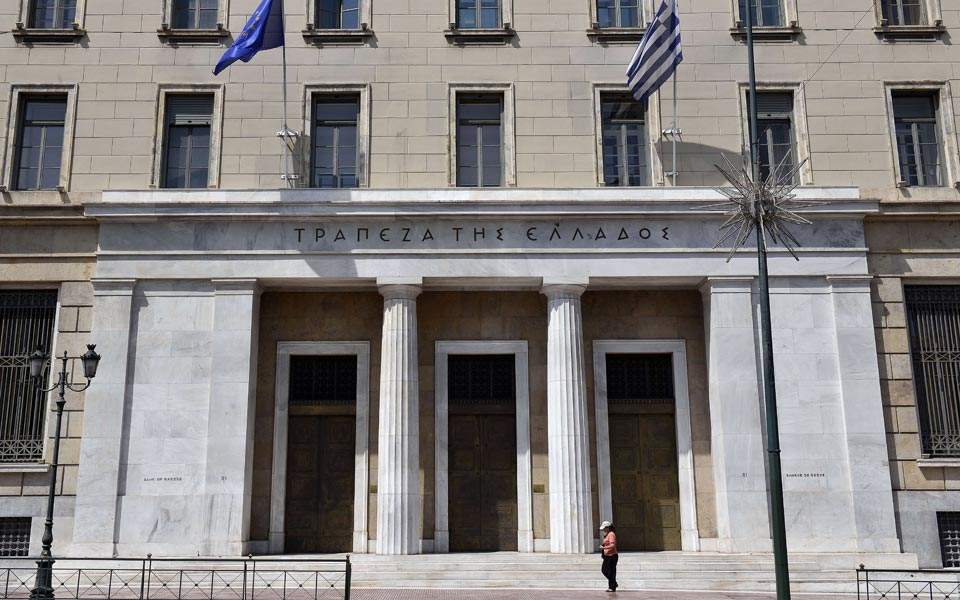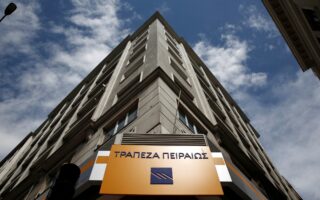Bank of Greece says banks should cut NPLs further

The persistence of inflationary pressures and geopolitical tensions, the risk of a sharp repricing of assets in international money and capital markets, as well as the recent turmoil in the US and Swiss banking systems, have considerably heightened risks to financial stability, the Bank of Greece (BoG) said in its Financial Stability Review released on Thursday.
The central bank noted that the Greek banking sector is now clearly better placed than in the past to absorb international market shocks, while the implementation of banks’ strategies for resolving the legacy stock of nonperforming loans helped all four systemic Greek banks to achieve a single‑digit NPL ratio.
The banking sector’s capital adequacy improved further to a satisfactory level, above the regulatory minimum, as banks posted profits after two loss‑making years, BoG said, adding that the liquidity of the sector improved, as a result of increased customer deposits and despite voluntary partial repayments of funds raised through the European Central Bank.
The NPL ratio has declined (to 8.7% in December 2022), although it remains significantly above the corresponding European average.
Therefore, banks should step up their efforts to achieve further convergence, BoG said.
Moreover, inflation and a slowdown in economic activity might affect the financial condition of non‑financial corporations and households, leading to a new wave of NPLs.





